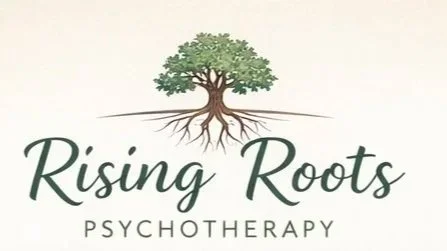Motherhood & Identity: Healing Generational Trauma
Motherhood is not only a personal journey but also one deeply connected to family histories and generational patterns. For many women, becoming a mother brings to light inherited trauma and behaviors passed down through families—patterns that may no longer serve them or their children. At Rising Roots Psychotherapy, we specialize in supporting mothers who want to break these cycles and heal generational wounds.
About Rising Roots Psychotherapy
Our online therapy offers a safe, compassionate space to explore how past family dynamics and trauma influence your identity and parenting. Together, we work to understand these inherited patterns and develop new, healthier ways of relating to yourself and your children. This healing process empowers you to create a different legacy for your family—one rooted in self-awareness, resilience, and compassion.
Using trauma-informed and emotion-focused approaches, we help you navigate complex feelings such as grief, anger, and shame while fostering personal growth and self-compassion. Whether you are a new mother or navigating motherhood’s ongoing challenges, our virtual therapy sessions make healing accessible and convenient.
If you’re ready to break free from generational trauma and build a healthier identity for yourself and your family, we’re here to support you every step of the way.
Frequently Asked Questions
1. What is generational trauma and how does it affect motherhood?
Generational trauma refers to emotional and behavioral patterns passed down through families that impact how we relate to ourselves and others. In motherhood, it can influence parenting styles, self-identity, and emotional well-being.
2. How can therapy help me break generational patterns?
Therapy provides a safe space to explore your family history and recognize unhealthy patterns. With guidance, you can develop new coping skills, heal emotional wounds, and create healthier ways to relate to yourself and your children.
3. Is online therapy effective for healing generational trauma?
Yes. Online therapy offers accessible, confidential support that allows you to work through deep emotional issues from the comfort of your home.
4. What emotions might I experience when addressing generational trauma?
Common emotions include grief, anger, shame, confusion, and sometimes relief. Therapy helps you process these feelings safely and constructively.
5. How long does therapy for generational trauma and identity exploration usually take?
The length varies depending on individual needs. Some clients find meaningful progress in a few months, while others may choose longer-term support for deeper healing.
6. Can therapy help with feelings of loss around my identity as a mother?
Absolutely. Therapy can support you in rediscovering and reshaping your identity, helping you find balance between your own needs and your role as a mother.
7. How do I start therapy focused on motherhood and generational trauma?
Reach out through our contact form or schedule a free consultation to discuss your goals and begin the healing journey.


